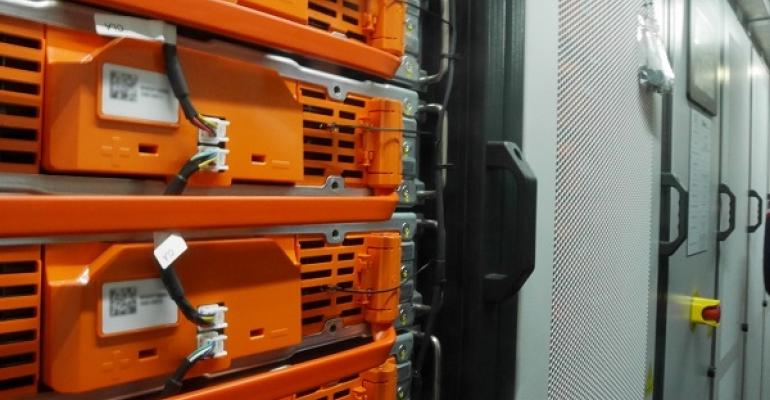More than a dozen partners from the entire value chain have joined the initiative, including flag states, research institutions, battery and propulsion suppliers, fire detection and extinguishing system providers, and ship owners, operators and yards.
“Including batteries in ships, whether as a hybrid or fully electric system, offers the industry the opportunity to improve fuel economy, reliability and operational costs,” said Geir Dugstad, director of Ship Classification and technical director in DNV GL – Maritime.
“For this technology to fully take hold, however, knowledge and requirements must be in place to ensure that we have products and a safety regime that address the concerns of all stakeholders while also creating the conditions for this technology to take off in the market,” he added.
“With the new advances in alternative fuels it’s our ambition to actively partner with the maritime industry and contribute to solutions that satisfy vessel safety and environmental impact while also taking the industry’s commercial needs into consideration,” said director general of the Norwegian Maritime Authority, Olav Akselsen.
Denis Cederholm-Larsen, Senior Ship Surveyor at the Danish Maritime Authority added: “There is a great opportunity to further enhance the approval process for these types of systems with reliable technical input. This type of collaborative, industry focused research programme is the perfect platform for those developments.”
Jostein Bogen, vp Global Product Manager, Energy Storage and Fuel Cells at leading technical solutions provider ABB added:, “We believe this type of project arrangement will be extremely beneficial to raise the level of understanding of all parties involved to a very high degree, while also providing guidance that the entire industry can benefit from.”
At the end of the JDP the partners hope that they will have enhanced their own understanding so as to optimize their own products and services, while also creating a set of inputs that can be taken up by the industry to not only push the development of the batteries themselves, but the associated systems, procedures, and approval processes. The JDP officially kicked off at the end of 2017 and is set to wrap up in 2019.
Among the main project goals are to develop and assess a safety model based on prior knowledge, make a concerted Lithium-Ion battery risk assessment, develop a battery safety testing programme, come up with battery safety simulation and develop and refine analysis tools, as well as project management and dissemination which can be input to requirements and rules.
Project partners come from a wide spectrum of industry. These include Norwegian Maritime Authority, Danish Maritime Authority, Norwegian Defense Research Establishment (Forsvarets Forskningsinstitutt, FFI), maritime battery systems vendors Corvus Energy and Plan B, lithium-ion fire extinguishing system provider FIFI4MARINE, battery off-gas sensing technology developer Nexceris, propulsion and system technology providers Rolls Royce Marine and ABB, vessel owners and operators Stena and Scandlines as well as ship builder Damen and DNV GL.
Copyright © 2024. All rights reserved. Seatrade, a trading name of Informa Markets (UK) Limited. Add Seatrade Maritime News to your Google News feed.


